Romanian director Cristian Mungiu on Sunday won the Cannes Film Festival's coveted Palme d'Or for best film for his powerful portrayal of illegal abortion during the final days of dictator Nicolae Ceausescu's regime.
The low-budget film, 4 Luni, 3 Saptamini si 2 Zile (4 Months, 3 Weeks and 2 Days), which tells the harrowing story of a young woman's attempts to arrange an abortion under the communist regime, won the festival's top honors in a 22-movie race for the prize.
"For me it is a fairytale," said Mungiu. "I hope this Palme d'Or is a good signal for the small filmmaker in small countries."
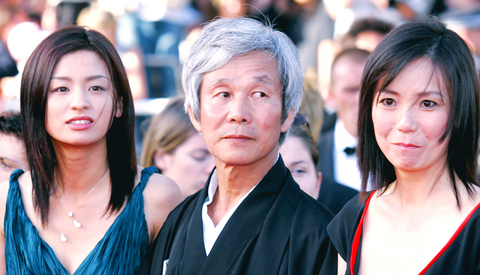
PHOTOS: AGENCIES
This year's Cannes Film Festival has highlighted Romanian cinema's re-emergence on the world stage.
Just 24 hours earlier, one of the festival's other main sections, Un Certain Regard, which promotes upcoming new directors, gave its top award posthumously to another Romanian director, Cristian Nemescu, for his film Nesfarsit (California Dreamin').
Nemescu, 27, died in a car accident in August 2006, before he completed his film about political corruption in a Romanian village.
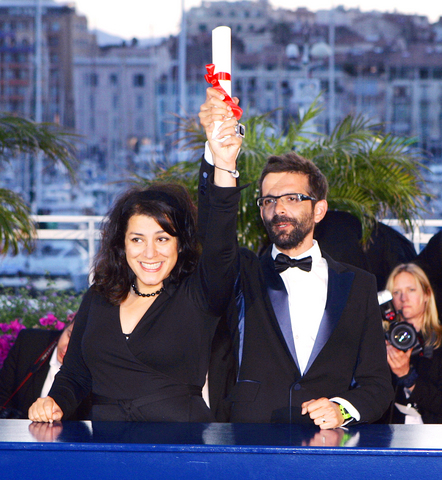
Nearly 17 years after the movie industry across Central and Eastern Europe was almost wiped out by the implosion of communism, this year's Cannes has helped to underscore the resurgence in filmmaking across the region, with a raft of Eastern European films shown across the festival.
With the story 4 Luni, 3 Saptamini si 2 Zile unfolding in just one day, the movie shows the high price that the young woman and a friend have to pay for the risky abortion.
Speaking at a press conference following his movie's screening during the festival, Mungiu said that abortion had become so widespread across Romania in the early 1990s that he wanted women to think about the moral issues of a termination rather than about "getting caught," as under communism.
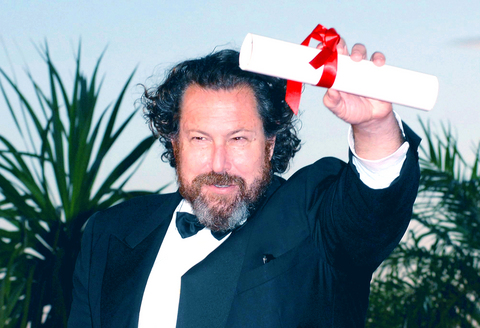
"People have a tendency of avoiding and thinking about what they don't like," he said. "People have to think of their consequences."
But he insisted that the film was not just about abortion and should be seen in a much wider context — in particular, the extent to which the Ceausescu dictatorship reached even the most intimate spheres of life in Romania.
The Cannes jury, presided over by British director Stephen Frears, awarded Japanese director Naomi Kawase the Grand Prix for The Mourning Forest (Mogari no mori), which draws on a theme running through the 12-day festival: people coping with loss and grieving.
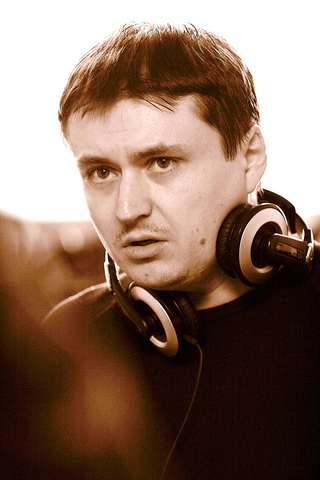
With Cannes celebrating its 60th anniversary, the jury awarded a special prize to American director Gus van Sant for his movie Paranoid Park, which told a downbeat, gritty coming-of-age story about a young skateboarder who accidentally kills a man.
Paranoid Park was "a lovely film," said Frears at the awards ceremony.
Van Sant won the festival's top award in 2003 for his movie Elephant.
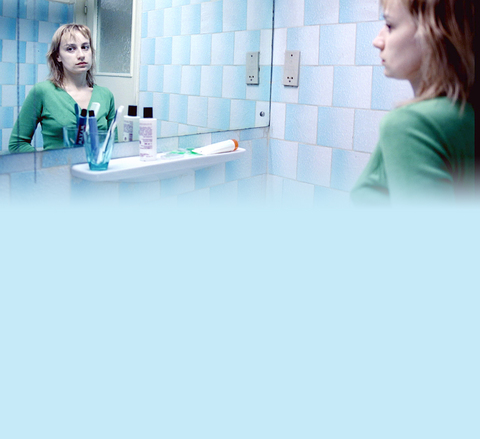
During the course of the gala award ceremony, legendary French actor Alain Delon asked those attending to mark the death 25 years ago of Romy Schneider with 25 seconds of applause.
US painter-turned-director Julian Schnabel won the festival's director prize for his visually and emotionally moving The Diving Bell and the Butterfly (Le scaphandre et le papillon), on the life of a man trapped inside his own body.
With a series of strong performances by women throughout the festival, the prize for best actress was keenly awaited, with the jury awarding the prize to Korea's Jeon Do-yeon, for her role in Secret Sunshine by leading Korean director Lee Chang-dong.
She played a woman attempting to find peace after suffering a terrible personal tragedy.
Russia's Konstantin Lavronenko won the festival's best actor award for his portrayal in Russian director Andrei Zviaguintsev's Izgnanie (The Banishment) about a father vacationing with his family when his wife tells him that she is pregnant with someone else's child.
French-based Iranian director Marjane Satrapi's Persepolis, a black-and-white animated movie about coming of age during the Iranian Revolution, shared the jury prize with Mexican director Carlos Reygadas's sparse, slow-moving Stellet Licht (Silent Light).
Set in northern Mexico, Stellet Licht documents the power of religion as it tells the story of a man torn between his wife and a secret love.
German-Turkish director Faith Akin won best screenplay for Auf der Andere Seite (The Edge of Heaven), which was a movie much like the filmmaker's own story about a generation of immigrants caught between two cultures.
After a series of strong contributions to Cannes this year from Israel, the festival's Camera d'Or for best debut film was awarded to Meduzot (Jellyfish) by Israeli filmmakers Shira Geffen and Etgar Keret.

May 18 to May 24 Pastor Yang Hsu’s (楊煦) congregation was shocked upon seeing the land he chose to build his orphanage. It was surrounded by mountains on three sides, and the only way to access it was to cross a river by foot. The soil was poor due to runoff, and large rocks strewn across the plot prevented much from growing. In addition, there was no running water or electricity. But it was all Yang could afford. He and his Indigenous Atayal wife Lin Feng-ying (林鳳英) had already been caring for 24 orphans in their home, and they were in

On May 2, Chinese Nationalist Party (KMT) Chairman Eric Chu (朱立倫), at a meeting in support of Taipei city councilors at party headquarters, compared President William Lai (賴清德) to Hitler. Chu claimed that unlike any other democracy worldwide in history, no other leader was rooting out opposing parties like Lai and the Democratic Progressive Party (DPP). That his statements are wildly inaccurate was not the point. It was a rallying cry, not a history lesson. This was intentional to provoke the international diplomatic community into a response, which was promptly provided. Both the German and Israeli offices issued statements on Facebook

Even by the standards of Ukraine’s International Legion, which comprises volunteers from over 55 countries, Han has an unusual backstory. Born in Taichung, he grew up in Costa Rica — then one of Taiwan’s diplomatic allies — where a relative worked for the embassy. After attending an American international high school in San Jose, Costa Rica’s capital, Han — who prefers to use only his given name for OPSEC (operations security) reasons — moved to the US in his teens. He attended Penn State University before returning to Taiwan to work in the semiconductor industry in Kaohsiung, where he

President William Lai (賴清德) yesterday delivered an address marking the first anniversary of his presidency. In the speech, Lai affirmed Taiwan’s global role in technology, trade and security. He announced economic and national security initiatives, and emphasized democratic values and cross-party cooperation. The following is the full text of his speech: Yesterday, outside of Beida Elementary School in New Taipei City’s Sanxia District (三峽), there was a major traffic accident that, sadly, claimed several lives and resulted in multiple injuries. The Executive Yuan immediately formed a task force, and last night I personally visited the victims in hospital. Central government agencies and the